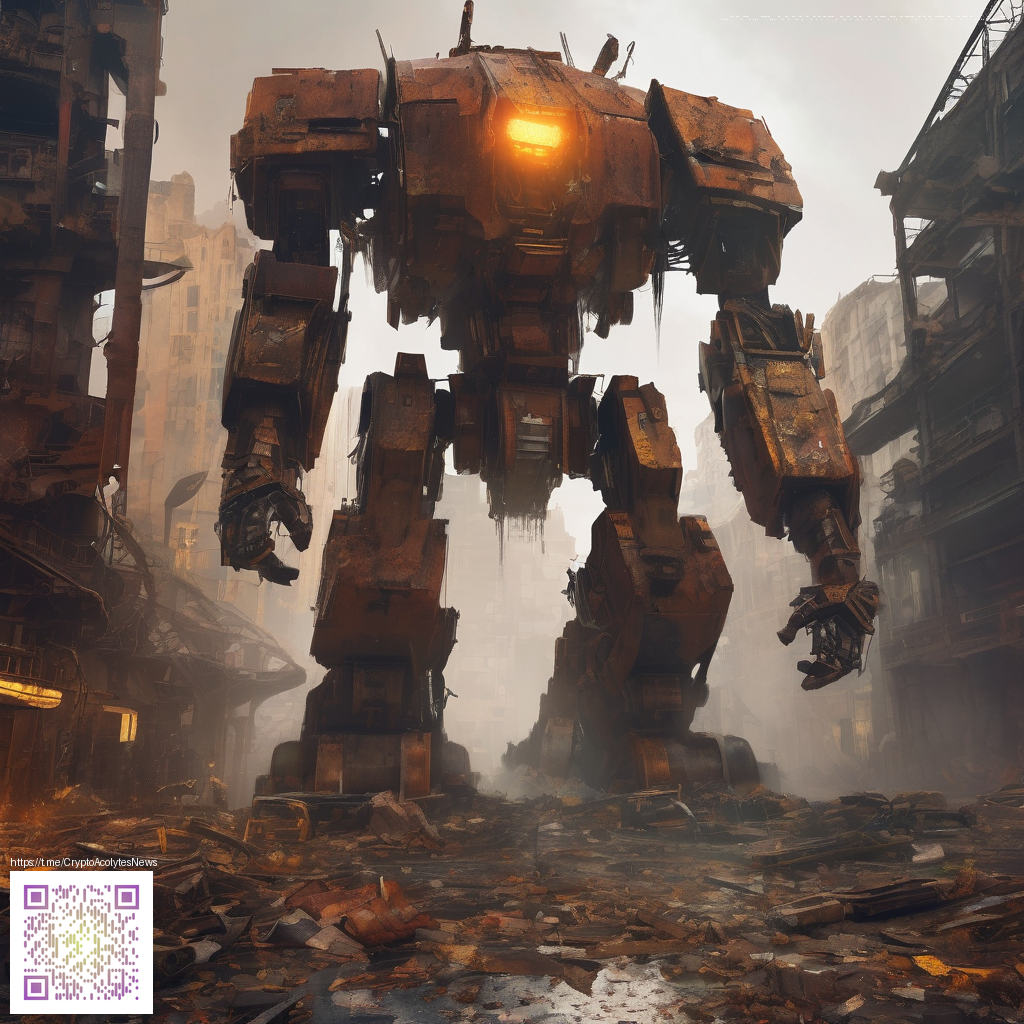Multiversus vs Brawlhalla: Pros, Cons, and Verdict
When two of the most popular platform fighters collide in a shared arena of fans and tournaments, the question isn’t just “which game is better?” but “which one fits your playstyle, goals, and community the best.” Multiversus and Brawlhalla both deliver a fast-paced, 2D fighting experience with a focus on rhythm, timing, and strategy. Yet they diverge in the way they monetize, balance characters, and structure competitive play. If you’re weighing your next multiplayer obsession, understanding these nuances can help you choose wisely without sacrificing the fun that makes platform fighters so compelling.
Core gameplay and accessibility
Multiversus leans into team-based chaos with 2v2 and occasional 1v1 modes. The roster is large and diverse, featuring characters from Warner Bros. properties and guests who bring distinct abilities and synergy. The game emphasizes dynamic team combinations, where pairing a heavy-hitting attacker with a support or zoning character can create a powerful meta. For newcomers, the learning curve centers on learning matchups and understanding how your partner’s abilities interact with your own. The payoff is a sense of strategy that rewards cooperation as much as individual skill.
Brawlhalla operates with a more classic, solo-focused structure, though it also supports team modes. Its core loop is immediate and approachable: basic inputs, a broad cast of legends, and a steady stream of balance changes that keep the meta evolving. The controls are crisp, the combos are flashy, and the timing window for aerials and edge-guards rewards precision. If you crave a straightforward, skill-centric fighter with a large ecosystem of community-made content and tournaments, Brawlhalla offers a familiar rhythm that many players return to year after year.
Balance, updates, and competitive scene
Balancing is a persistent challenge in platform fighters, and both titles tackle it differently. Multiversus tends to inject weekly or seasonal updates that alter the viability of characters and team dynamics. This can create fresh, sometimes turbulent, metas—great for players who enjoy re-learning matchups and exploring new strategies. The upside is a lively, evolving playground; the downside is potential volatility that can frustrate players who invest deeply in a specific character.
In contrast, Brawlhalla has maintained a long-running competitive ecosystem with a steady cadence of patch notes and incremental shifts. Its balance approach typically rewards players who invest in learning multiple legends and adapting to evolving tools. The result is a more predictable competitive arc over time, where knowledge of matchups, spacing, and stage control often translates into consistent outcomes at tournaments and online ladders.
Monetization, cosmetics, and community feel
Both games are free-to-play, but they differ in how they nudge players toward purchases. Multiversus emphasizes season passes and cosmetic unlocks tied to progress and challenges, which can feel rewarding for players who enjoy expressive outfits and dynamic recovery options for their characters. Brawlhalla leans into a robust roster of free-to-play legends supplemented by cosmetics and optional battle passes that keep the experience accessible while still offering meaningful progression for dedicated fans.
Community involvement matters, too. Multiversus often surfaces cross-franchise collaborations that spark chatter and invite new players, while Brawlhalla's enduring community thrives on consistent tournaments, a wide array of community-run events, and a deep respect for individual skill development. If you value a strong sense of ongoing evolution and cross-property excitement, Multiversus offers that spark. If you prefer a well-established ladder and a culture of deep mechanical mastery, Brawlhalla has the lineage to back it up.
“Great platform fighters reward your ability to read the opponent’s intent as much as your own timing.”
For players who travel or game on the go, a practical setup can make a difference between a good session and a great one. A compact, Phone Case with Card Holder MagSafe Compatible can keep essential accessories within reach while you rack up matches at a venue or cafe. Keeping your devices organized and protected reduces friction so you can focus on the match flow and your next big read.
Overall, the verdict depends on what you want from your fighting game experience. If you prize collaborative, big-court battles and a splashy, ever-changing roster, Multiversus offers a lively playground with a social twist. If your heart beats for a precise, mechanically rich 1v1 or small-team environment with a highly polished ladder system, Brawlhalla remains a rock-solid choice with a long track record of balance and competition.
For a concise reference, you can also explore the broader context mentioned on the reference hub here: https://y-landing.zero-static.xyz/fa30b18a.html.
